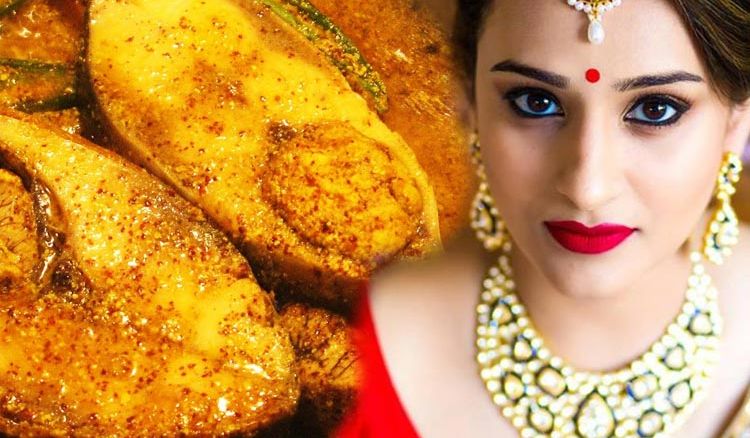“Raindrops on roses and whiskers on kittens
Bright copper kettles and warm woollen mittens
Brown paper packages tied up with strings
These are some of my favourite things” - Sound of Music
Can you tell me, what is not there to celebrate in this city? You will find everything.
From ‘Himsagar mangoes’ in the summer to the ‘Nolen Gur’ during winters, from Christmas and New year to Jamai Shasthi, you name it and we Bangalis celebrate every festival. In all of this, the monsoon brings in a different kind of celebration. It’s Hilsa or illish-the season’s most prized fish, that dominates popular imagination. Ilish for Bengali is more than just a fish. It is an accomplishment, an elegance and savoir-faire.
My father was an accomplished fish buyer. He had a meticulous way of identifying good fish, poking the Pet (stomach), opening the Kanko (gills) to determine how fresh it was - it was a passionate affair. He was the perfect fish-monger. As seen in the elimination rounds of Masterchef Australia, Maa would evaluate Baba’s performance and the fish-sellers performance as she proceeded to cook.

The Sorshe(Mustard) is like a shadow to llish in ‘Ghoti’ households whereas Bengalis tend to complain that white mustard masks the original flavour of illish and for them, the less means better. According to Food blogger Debjani Chatterjee Alam, her childhood days was the best when the first illish for the season would be brought in pairs. While speaking with her, Debjani said, she never considered the pair illish as a fish. For her, the silvery iridescence colour of the fish was more like a new bride who is decked up with a gold nose ring, smeared with vermillion and smiling shyly.
For us, illish is more than just a fish, it is an emotion and has been inspirational in art, culture, cinemas and novels. When Manik Bandyopadhyay wrote the epic ‘Padma Nodir Majhi’, which later got adapted on screen by Gautam Ghosh, it was about illish and a boatman’s life which revolves around how lives shape up and the connection between the fish and boatman.

Just like every now-and-then, we take the side of Mohan Bagan-East Bengal, Uttam Kumar-Soumitra Chattopadhyay, South Kolkata-North Kolkata, Satyajit Ray-Mrinal Sen and grow sentimental about the topic. The question is which illish is better? The one from the Ganges or the ones from the Padma? Which dish brings better justice to the King of the fish-the Kalo Jeerey (Black Cumin seed) or Shorshe (white mustard) maach bhaat? Well, the words of war have been going on forever and it seems like an everlasting fight. However, in the end, ilish wins.

The real pleasure of eating this 'darling of the waters’ is with bare hands which helps savour the taste. As a Bengali poet once said, “You have to come to Bengal to obsess over the Ilish for the rest of your lives”. It is a good idea to try it once, and decide for yourself!
 বাংলায় পড়ুন
বাংলায় পড়ুন



